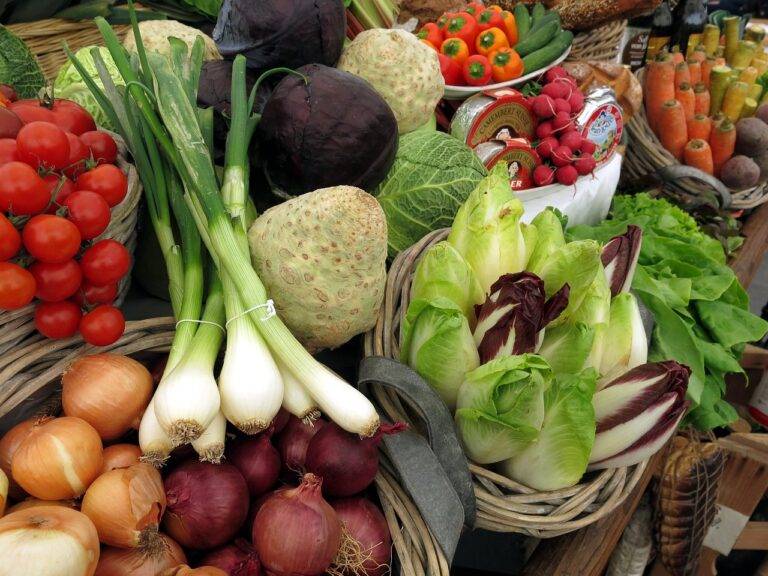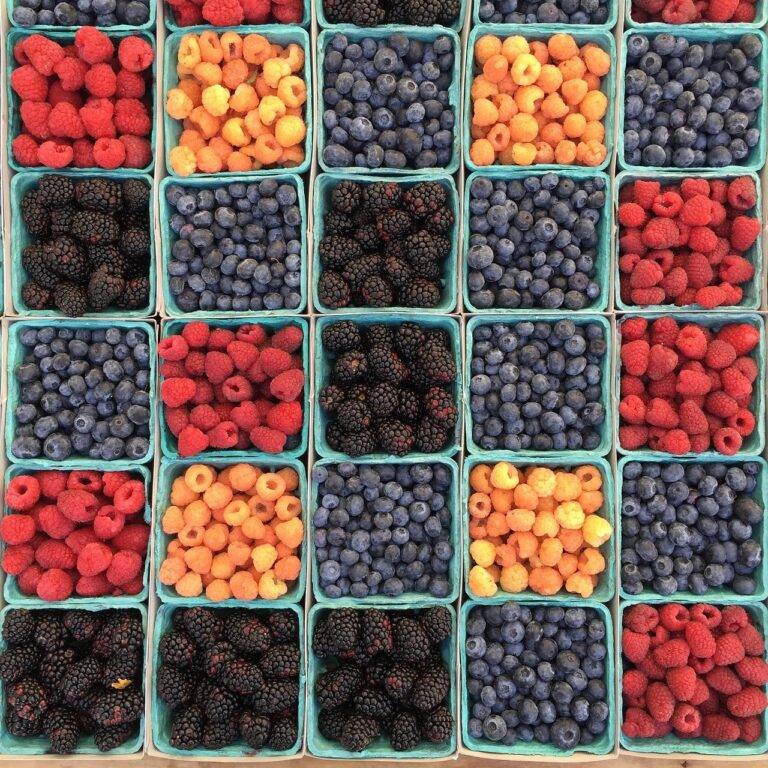The Impact of Food Industry on Rural Economies: Creating Opportunities for Farmers and Producers
Agriculture serves as the backbone of many rural economies around the world. In these regions, it is not just a source of food production but also a key driver of economic growth and stability. The cultivation of crops and raising of livestock provide employment opportunities for local communities, stimulating economic activities and fostering social cohesion.
Moreover, agriculture contributes significantly to the export market, generating revenue for countries that rely on agricultural products. In rural areas, farming is not only a means of sustenance but also a way to create value and wealth for the community. The interconnectedness of agriculture with other sectors such as agribusiness, food processing, and transportation further amplifies its importance in sustaining rural economies.
Challenges Faced by Farmers and Producers in Rural Areas
Rural farmers face a myriad of challenges that hinder their agricultural pursuits. One of the most significant issues is the unpredictable weather conditions that can greatly impact crop yields and livestock health. Droughts, floods, and extreme temperatures can devastate entire harvests, leaving farmers with financial losses and food insecurity. Additionally, the lack of access to modern irrigation systems and water management techniques exacerbates the vulnerability of rural agricultural communities to these weather-related challenges.
Another challenge that farmers in rural areas often encounter is the limited access to markets and distribution networks. Due to their geographical isolation, many farmers struggle to reach potential buyers for their products, resulting in limited revenue opportunities. The high costs associated with transporting goods to urban centers further compound this issue, making it difficult for farmers to compete in the market and obtain fair prices for their produce. This lack of market access not only affects the economic sustainability of farming operations but also contributes to wider issues of food scarcity and uneven distribution.
Innovations in Farming Techniques and Technology
Recent advancements in farming techniques and technology have revolutionized the way agriculture is practiced in rural areas. One such innovation is precision agriculture, which involves using GPS technology and sensors to optimize the amount of water, fertilizers, and pesticides applied to crops. This not only increases efficiency but also reduces environmental impact by minimizing waste.
Another breakthrough in farming technology is the development of vertical farming systems. By stacking crops in vertical layers, farmers can maximize land use and produce higher yields in limited spaces. This method is particularly beneficial in urban areas, where land availability is scarce. Additionally, vertical farming reduces the need for traditional farming practices that can harm the environment, such as deforestation and excessive water usage.
– Precision agriculture involves using GPS technology and sensors
– Optimizes the amount of water, fertilizers, and pesticides applied to crops
– Increases efficiency and reduces environmental impact by minimizing waste
– Vertical farming systems involve stacking crops in vertical layers
– Maximizes land use and produces higher yields in limited spaces
– Particularly beneficial in urban areas where land availability is scarce
– Reduces the need for traditional farming practices that can harm the environment
Why is agriculture important for rural economies?
Agriculture plays a crucial role in rural economies by providing employment opportunities, contributing to local economies, and ensuring food security for communities.
What are some challenges faced by farmers and producers in rural areas?
Farmers and producers in rural areas face challenges such as limited access to technology, unpredictable weather patterns, fluctuating market prices, and lack of infrastructure.
How have farming techniques and technology evolved in recent years?
Innovations in farming techniques and technology have revolutionized the agricultural industry, leading to increased productivity, efficiency, and sustainability. From precision agriculture to drone technology, farmers now have access to cutting-edge tools to improve their operations.







